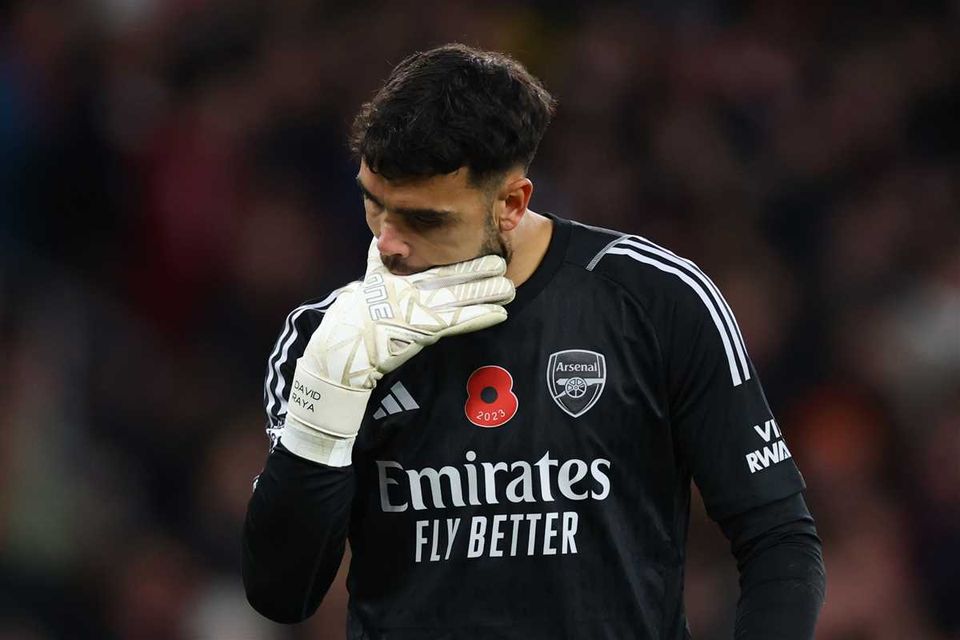In the realm of professional sports, the role of a key player extends beyond their performance on the field. Their contribution to the team, along with various factors, plays a significant part in determining their financial compensation. These athletes are not only recognized for their skills but also for their ability to influence outcomes and bring value to the game.
As sports evolve, the financial aspects surrounding certain players become a topic of interest. Factors like their strategic importance, consistency, and leadership abilities often play a role in shaping the financial rewards they receive. The discussion around these elements highlights how impactful certain positions can be within the broader landscape of professional competition.
While the financial figures may vary, it’s clear that those who excel in their position tend to benefit significantly. Their consistent presence and leadership are reflected in both their value to the team and the rewards they secure, making their financial aspect a compelling topic in the world of sports.
Salary Breakdown of a Top-Level Goalkeeper

The financial compensation for a player in one of the most competitive sports leagues is a topic of significant interest. The income reflects not only the player’s skill set but also the demand for their position and the success of their team. It gives an insight into how valuable such a role is viewed within the organization.
Key Factors Influencing Compensation include the athlete’s performance in matches, their contract duration, and any endorsements they may hold. Contracts are often negotiated with clauses that can increase the base amount based on clean sheets, appearances, or even success in tournaments.
Market dynamics play a crucial role in shaping the final figure, as the supply and demand for top-tier talent can significantly impact what clubs are willing to offer. It’s clear that consistency and ability to perform under pressure are pivotal in maintaining or increasing these figures over time.
Contract Details and Financial Impact
The contractual agreements in professional sports often reflect more than just an athlete’s performance on the field. These arrangements can significantly influence both the player’s career and the broader team dynamics, shaping the overall financial landscape of a club.
- Length of contract terms, which usually define the long-term commitment between the player and the organization.
- Performance incentives that align individual achievements with team success.
- Bonuses based on reaching specific milestones, enhancing motivation and rewards.
- Transfer clauses that provide flexibility in future negotiations and team strategies.
The overall financial impact of these agreements often extends beyond salaries, influencing sponsorship deals, media rights, and marketability, creating a ripple effect across the sport’s ecosystem.
Comparison with Other Goalkeepers’ Earnings
When examining the financial compensation of various goalkeepers, it is clear that their remuneration often reflects both skill and market demand. The differences in income can be significant, influenced by factors such as club reputation, performance on the field, and negotiations.
Top-tier goalkeepers playing for renowned clubs usually command higher sums, while those in smaller leagues or teams may receive comparatively modest figures. However, even within the same league, pay gaps exist, highlighting the disparity in how clubs value individual players.
.
In some cases, the most experienced and highly regarded keepers often lead the earnings table, particularly those with international exposure or a track record of consistent performance at the highest level. These financial differences demonstrate the diverse valuation placed on goalkeeping talent across the world.
Key Elements Affecting Compensation
The financial rewards for athletes are shaped by multiple variables, reflecting their performance, market demand, and team strategies. These factors go beyond basic metrics and involve a deeper understanding of the player’s contribution to the team’s success.






